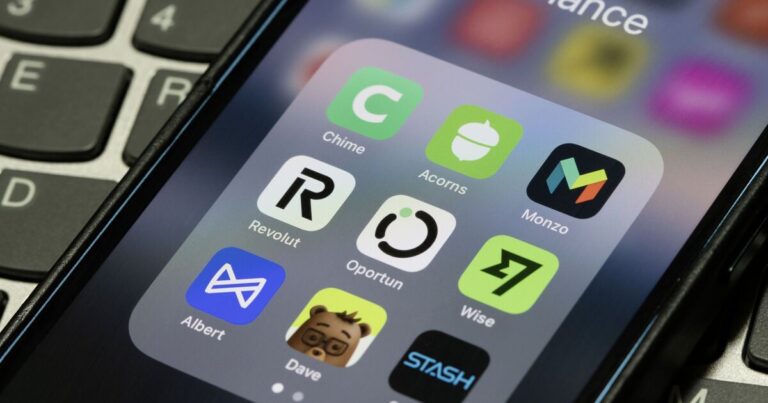Online bank Monzo has made a huge change for its credit card users. The bank used by more than 13 million people has made it easier to use its Monzo Flex credit card, allowing shoppers to choose a “pay later” option at checkout.
This means Flex credit card holders to spread the cost of purchases across three monthly instalments without paying any interest. Customers can also choose to extend the repayment period to six or 12 months, but with interest added. The “pay later” feature is available for customers purchasing items at checkout in-store or online, once they use Apple Pay. Beforehand, as with other credit cards, shoppers had to pay in full immediately when buying on their Monzo Flex credit card, and then they could choose to spread to cost of the purchase later in their banking app. This new feature streamlines the process to be instant.
Now, customers who use Apple Pay can decide to “Pay in Full” or “Pay Later” at the moment they check out. Monzo has said it is the first UK bank to offer buy now, pay later with Apple Pay. Customers will need to have an iPhone and iOS 26.1 or later to use the new feature.
The new feature comes as stronger protections are due to be applied to the millions who rely on Buy Now Pay Later (BNPL) schemes. The short-term financing scheme is to be regulated by the Financial Conduct Authority (FCA) from July 2026.
Lenders will need to verify that borrowers can afford the repayments and offer support if they fall behind. Customers will be informed upfront about fees and the consequences of missed payments, as well as the impact on their credit score.
For those with complaints, these can be escalated to the Financial Ombudsman Service to offer resolution on disputes. Customers will be allowed to claim refunds or compensation for faulty goods from lenders if retailers fail to deliver, as BNPL schemes are now being brought under section 75 of the Consumer Credit Act.
According to FCA research, 20% adults used BNPL in May last year, many owing hundreds in unregulated credit. In May 2024, 2% of UK adults (1.1 million) had £500 or more outstanding in BNPL debt, while 11% (5.3 million) had £50 or more outstanding, the regulator found.

